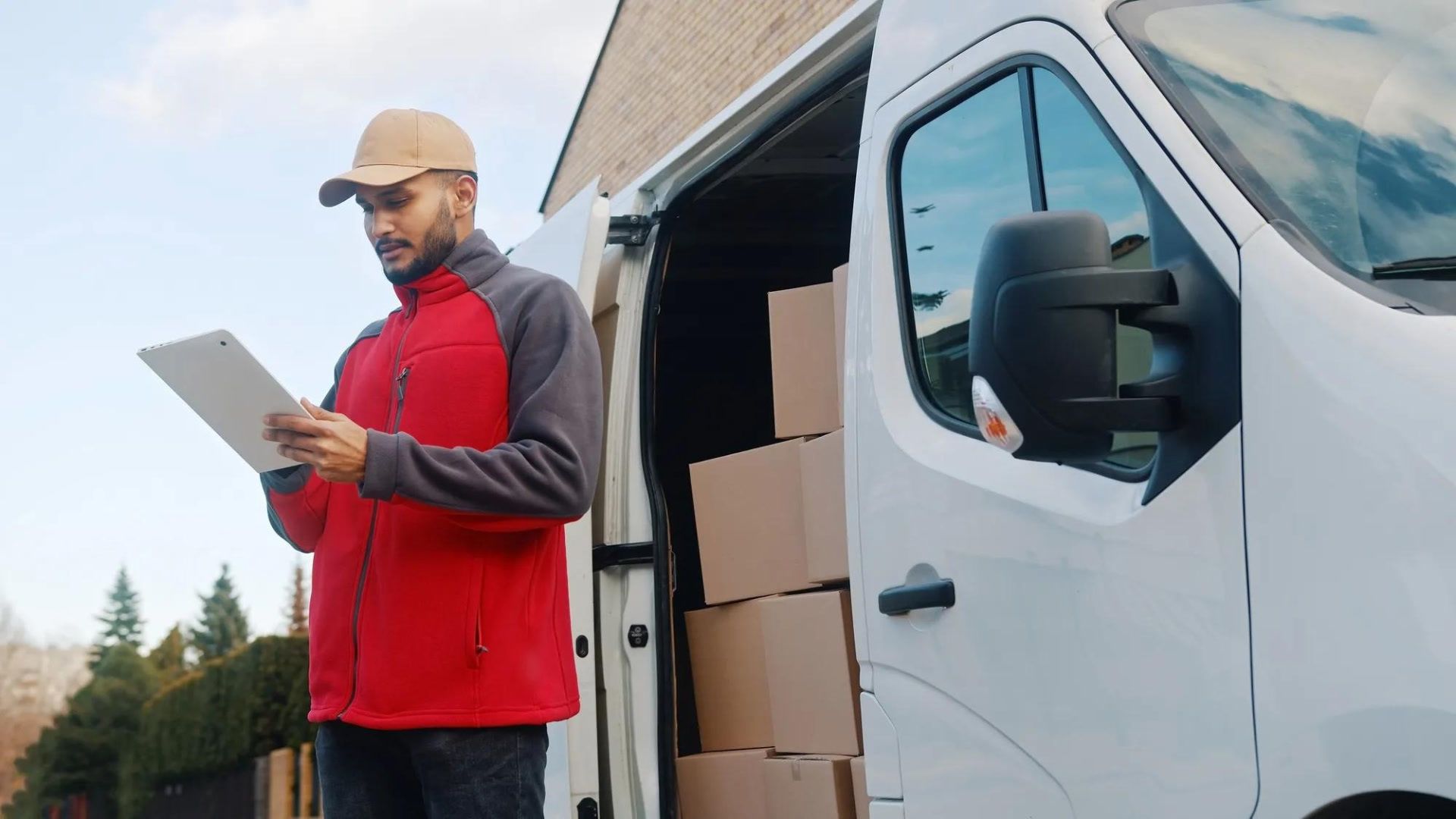Adapting to the Digital Age: Evolving Leasing Contracts
Leasing companies must modernise contracts to address data privacy, platform use, and compliance in an increasingly digital, connected vehicle landscape.
By Geotab Team
May 7, 2025

Contract Models for Data-Centric Services in Leasing and Automotive Industries
The leasing industry is undergoing a transformation driven by the increasing importance of data-centric services. Traditional goods and services contracts are becoming obsolete in addressing the complexities and risks associated with Software-as-a-Service (SaaS) and data platform models in fleet management. Contracts designed for purchasing physical products, rather than connected devices, are ill-suited to serve the unique requirements of data-based services. This shift necessitates the adoption of technology specific contract models that account for data compliance, security, minimisation, and transparency.
Geotab has observed that many large organisations struggle to adapt their legacy procurement agreements to the new digital landscape. The rise of AI and advanced data analytics further complicates these efforts, underscoring the importance of an updated approach. This blog post explores why leasing companies need to transition to data focused contract models to protect confidential information, consider compliance with legal standards, secure handling of fleet data and proprietary information, and leverage advanced telematics solutions effectively.
We explore this topic in an interview with Geotab's Jonathan Strong. Jonathan is Associate General Counsel and a Certified Information Privacy Professional for Europe (CIPP/E) at Geotab, bringing extensive legal expertise in international contract negotiations and technology law to the company. Always focused on getting to the right outcome and building the relationship in the process, he specialises in navigating complex legal frameworks for telematics and connected vehicles, ensuring compliance across diverse global markets. Jonathan explains what he has observed time and again in negotiations with leasing companies, OEMs and others in his role at Geotab and what conclusions can be drawn for necessary changes.
What do you think is missing in the current contract models of leasing companies and OEMs?
“In my experience, many traditional contract models lack clarity and specificity regarding key data-related aspects. For example, they often fail to adequately address data transfer complexities, which is crucial for complying with regulations like GDPR. It's essential to have transparency about where data is stored and processed, especially for companies operating within the European Economic Area (EEA). Additionally, clear data responsibility clauses are often missing. Contracts need to clearly define the roles and responsibilities of each party involved in data handling, ensuring accountability for data breaches and outlining robust data management practices. Finally, data security measures, such as encryption and access controls, should be explicitly incorporated to guarantee the protection of sensitive information.”
From your experience, what are some of the most redundant or outdated elements in current contract models?
“Many legacy procurement contracts still include provisions for on-site inspection and testing, which are simply not applicable to software and data services. These clauses are more relevant for physical goods and need to be replaced with provisions for remote testing and continuous monitoring. Similarly, requirements for on-site service and compliance with on-site rules and regulations are outdated when dealing with data-centric solutions. We also see a need for a more nuanced understanding of data ownership. The traditional concept of a single entity 'owning' all the data is becoming less relevant. Contracts should acknowledge that data may be used by various parties within the business relationship, each with specific rights and obligations. Finally, there's often a lack of understanding of the platform character of modern telematics solutions. Customers are joining a multi-tenant platform used by millions, similar to services like Salesforce or Google. Data services contracts need to reflect this reality.”
Why is it essential for leasing companies to modernise their contract templates along with their products and infrastructure?
“Modernising contract templates is crucial to keep pace with the rapid digital transformation of the leasing industry. Contracts need to align with the company's digital initiatives and product advancements, ensuring legal agreements accurately reflect the complexity and technological advancements of data-based services while focusing on privacy and security This modernisation also facilitates effective change management by enabling the creation of agile and adaptable contracts that can evolve with technology. Furthermore, clear, data-aware contracts enhance business relationships by fostering trust and transparency, leading to smoother engagements with partners, vendors, and service providers.”
How can Geotab support leasing companies in transitioning to more suitable contract models?
“Geotab has a strong track record of compliance with stringent data protection laws, including NIST, FIPS 140-2 validation, FedRAMP authorisation, Cyber Essentials, and ISO 27001 certifications. We can leverage this experience to provide expert guidance on data privacy and security best practices. Our active involvement with organisations like COVESA, which aims to standardise vehicle data and ensure compliance with international regulations, further strengthens our ability to support our clients. Through initiatives like the Vehicle Signal Specification (VSS), we promote seamless data integration and interoperability. Geotab is committed to thought leadership in this area, offering insights on enhancing data governance and privacy standards and supporting clients in updating their legal frameworks to align with modern data demands.”
Can you elaborate on how the transition to data-focused contract models aligns with Geotab's mission and vision?
"At Geotab, our mission is to empower businesses to make smarter decisions by harnessing the power of connected vehicle data. This transition to data-focused contract models is integral to that mission. By helping companies leverage data for better decision-making and operational efficiency, while simultaneously safeguarding personal and proprietary information, we enable them to fully capitalise on the potential of advanced telematics. Navigating the complexities of modern fleet management requires a forward-looking and proactive approach to data privacy. We recognise that traditional supply contracts are no longer fit for purpose in a digital age increasingly reliant on SaaS models and advanced data analytics. By supporting the adoption of data-aware contract models, companies can ensure they remain compliant with stringent data protection laws while leveraging the full potential of connected vehicle data to drive operational efficiency and enhance safety. Our mission is to assist our clients through this transition, providing robust solutions that safeguard personal data and confidential information while empowering smarter business decisions."
Subscribe to the Geotab Blog
The Geotab Team write about company news.
Subscribe to the Geotab Blog
Related posts
.jpg)
6 proven ways to reduce fleet costs and boost efficiency with GPS tracking
February 13, 2026
3 minute read

How route optimisation helps cut costs, boost efficiency and deliver better
February 11, 2026
4 minute read




How to reduce the carbon footprint of your current vehicles
November 5, 2025
2 minute read